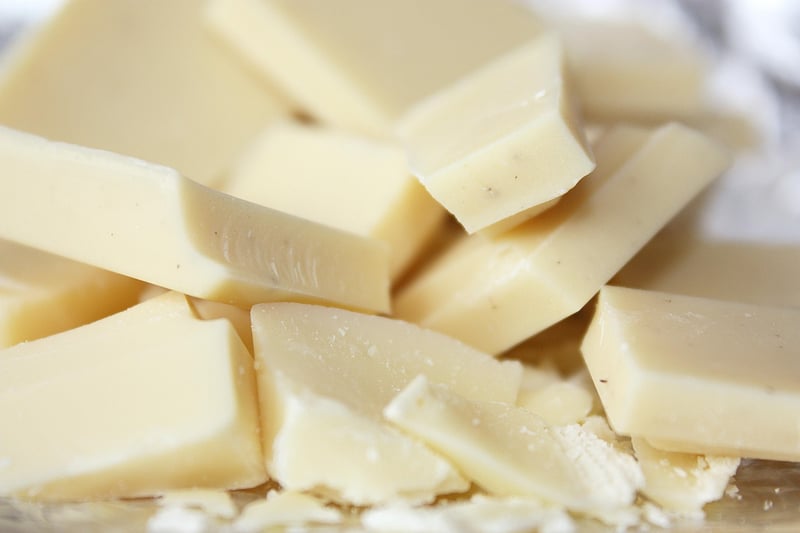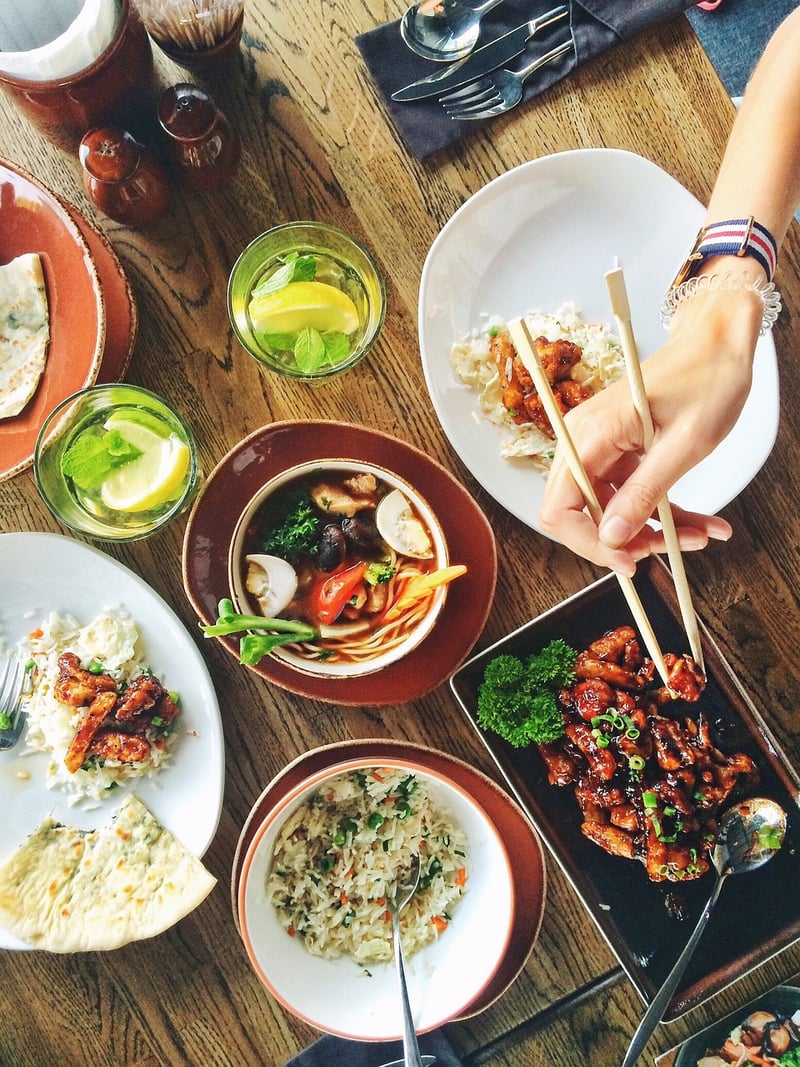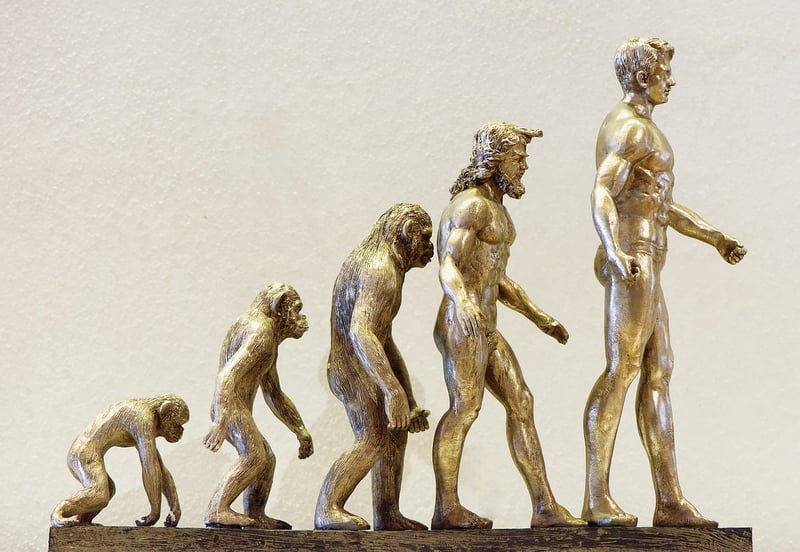Evolution of Taste
Dive into the Past: The Evolution of Taste
Have you ever wondered how our tastes and preferences have transformed over time? From ancient civilizations to modern times, the evolution of taste is a fascinating journey that reflects the changes in culture, technology, and society. Let's take a closer look at how our culinary preferences have evolved through the ages.
Ancient Civilizations
Ancient civilizations such as the Egyptians, Greeks, and Romans laid the foundation for many of the flavors and ingredients we enjoy today. They valued spices like cinnamon, cumin, and saffron, which were used not only for flavor but also for their perceived medicinal properties. These early cultures also introduced the concept of sweet and savory dishes, setting the stage for the diverse flavor profiles we appreciate in modern cuisine.

The Middle Ages
During the Middle Ages, trade routes expanded, bringing new ingredients and cooking techniques to Europe. Spices such as pepper, cloves, and nutmeg became highly sought after and were considered a symbol of wealth and status. The aristocracy indulged in elaborate feasts featuring exotic flavors and intricate dishes, while the common folk relied on locally sourced ingredients for their meals.

The Renaissance and Enlightenment
The Renaissance period saw a renewed interest in art, culture, and cuisine. Italian chefs like Bartolomeo Scappi revolutionized cooking techniques and introduced new ingredients such as tomatoes, potatoes, and chocolate to European kitchens. The Enlightenment further influenced culinary practices, emphasizing reason and science in food preparation and nutrition.

Modern Era
In the modern era, globalization has brought a fusion of flavors from around the world. People today have access to a wide variety of cuisines, ingredients, and cooking styles, resulting in a diverse culinary landscape. Food trends evolve rapidly, influenced by factors such as health, sustainability, and cultural exchange.

Conclusion
The evolution of taste is a testament to the ever-changing nature of human preferences and the dynamic interplay between food and society. By exploring the culinary history of different eras, we gain a deeper appreciation for the flavors we enjoy today and the rich tapestry of gastronomic traditions that have shaped our world.
Next time you savor a meal, take a moment to reflect on the journey of taste that has brought you to this flavorful experience!
